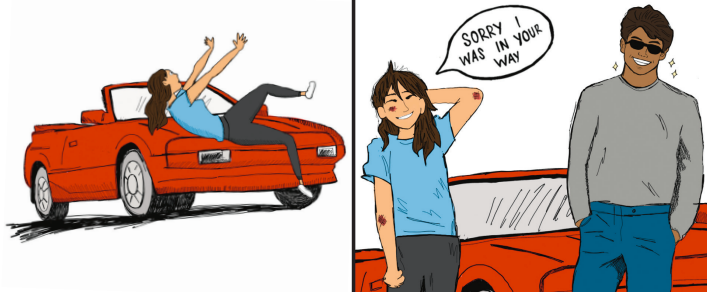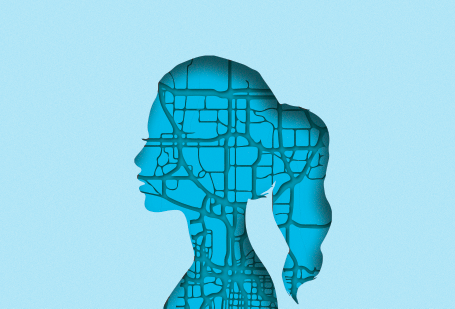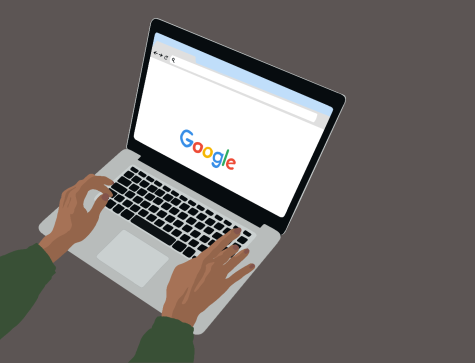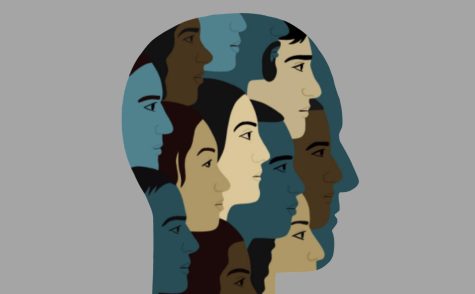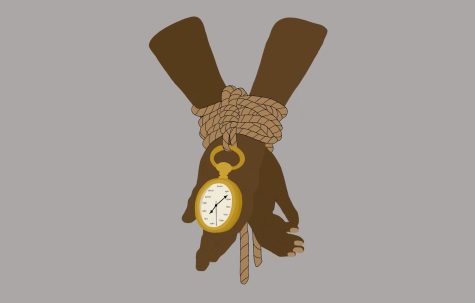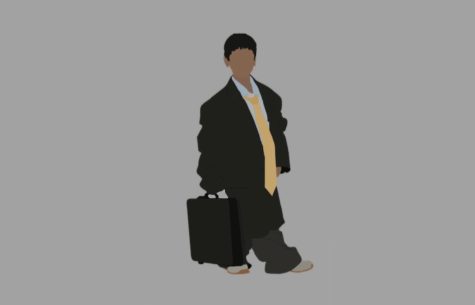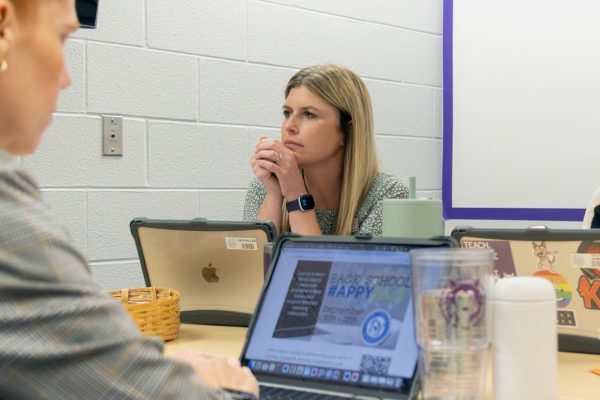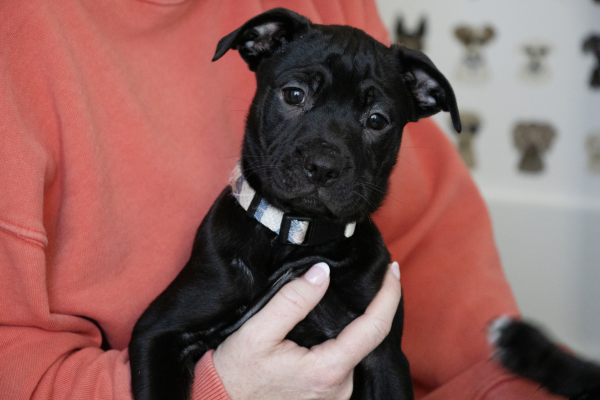The golden rule
Digital illustration of a person apologizing for being hit by someone’s car because they think the driver is attractive.
Imagine your crush, the prettiest person in school, walking up to you and asking if you would like to be their date to prom. You would be ecstatic, planning everything out to the second. Then imagine finding out the promposal was a joke and you were targeted because you are not conventionally attractive. Unfortunately, this cruel prank happens to many students because of something they cannot control.
We all have implicit biases. We all judge someone based on first appearances even if we are not conscious of it. With implicit biases come pretty privilege: the concept that conventionally attractive people are somehow superior to others based simply on the fact that they are pretty.
The idea that pretty privilege exists can be disheartening to those who do not fit into the standards set in place. It can lead to low self-esteem and mental health problems. While it is important to acknowledge pretty privilege exists, it is also important to recognize that the way you look has no effect on your mind and heart.
The media we have consumed has pushed certain beauty standards onto us since we were kids, telling us that we have to look a certain way to be treated with respect. Most of the time, these beauty standards tend to focus on young, eurocentric, abled, skinny and cisgender bodies; making people that do not fit into this slim view of beauty feel “ugly.”
These views have been ingrained into our thought processes and they affect the way we treat others subconsciously. We perceive “pretty” people as more sociable, intelligent, happier or more successful so we will often let this implicit bias cloud our judgment. This can leak into the workplace, making it hard to find a truly diverse workforce. For example, a Harvard study found that employees of “above average beauty” tend to earn 10-15 percent more than their less attractive counterparts.
Implicit biases are not our faults, but it is our responsibility to actively fight against them. The American Bar Association said the best way to fight implicit bias is through contact. Fill your social media with diverse creators, surround yourself with various perspectives and strike back against the biases you are conditioned to have.
We must recognize that physical appearance has no bearing on intellect or skill. All people deserve respect regardless of their appearance. Are actions are reflections of who we are on the inside. Ask yourself, “Do I want to be the person who judges others based on something they cannot control?” It has been said to us as children many times but it still holds the same weight: treat others the way you would want to be treated.

Sabrina San Agustin is a senior and the Design Editor for “The Express.” This will be her second year as Design Editor and third year on staff. Outside of newspaper, Sabrina is part of NHS, NSHS, NEHS, Quill & Scroll, and she is a board member for NAHS. Sabrina also owns her own business where she sells her art online. In her free time she enjoys spending time with family, reading new books and watching her favorite movies. Sabrina is very excited to return to the role of Design Editor and can’t wait to help tell stories through art and design.


